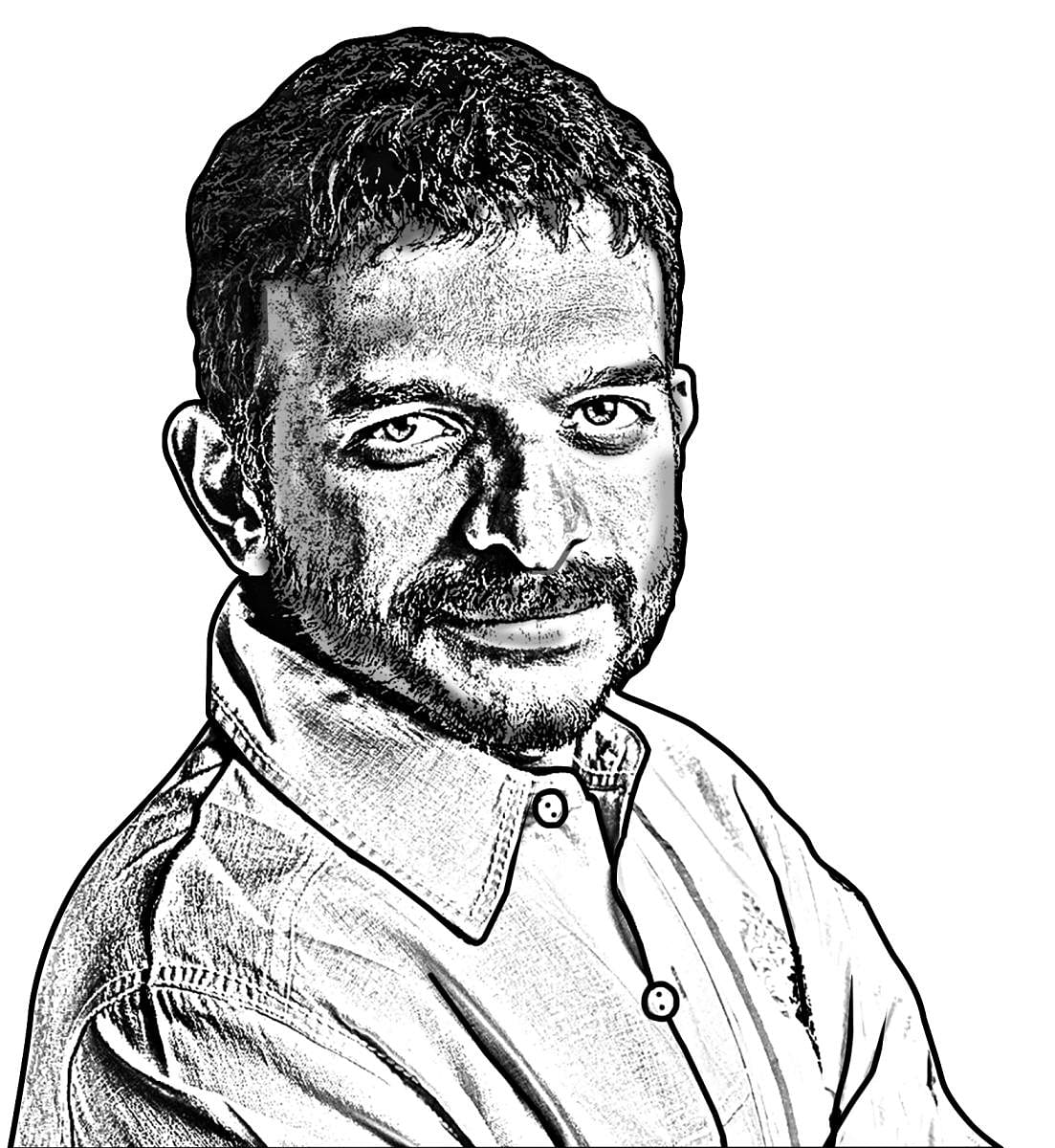
On July 25, Droupadi Murmu took oath as the 15th President of India. She became the first person from the Adivasi community to occupy India’s highest constitutional post. Even before her imminent victory, comments that the BJP chose her as their candidate, focused on appeasement of the Adivasi community and as a strategy for the election, did the rounds. Questions were raised about whether her elevation would make any difference to the thousands of indigenous people who are incarcerated, whose lands are usurped, and who continue to be oppressed by society and the State. After the election, there were insinuations that she is a powerless pawn. On the other hand, some placed the entire burden of changing the State’s policy towards Adivasis on her!
Many of those who made these comments came from savarna communities. This provoked a sharp response from Dalit activists. They accused savarnas of asking these questions of Droupadi Murmu only because of her social identity. “Why are similar questions or demands never made of savarna Presidents or candidates?” they argued. This exchange brought to the fore an important discussion on identities, right to question, and burden of responsibility.
As a savarna, I must reflect on where, why and how I ask questions of those who are from the margins of society. Especially those who ‘make it’ despite all the odds stacked against them. Subconsciously, we expect such individuals to work for the upliftment of their own community. On the face of it, this does not seem wrong. Is it not natural that women should work for marginalised women or Dalits for other Dalits? If society was flat, nobody would fault me. But the unfortunate fact remains that as much as I disown my caste and gender privilege, its resonance still exists within me and its benefits permeate beyond. Hence, when I make such demands, it is problematic and pressurising.
Expecting Droupadi Murmu to be a ‘Just’ President should suffice, because justice implies that the weaker sections of society are respected, cared for, and their rights secured. But we don’t. From Pranab Mukherjee, we hoped for universal statesmanship, but Murmu is viewed through the tribal lens. This implies that we see her as a tribal first and then as our President. There is a difference between other tribals celebrating her as their own and savarnas speaking of her identity. Even if done in a positive sense, it is uncomfortably packaged in privilege.
Having said this, I do not agree with the position that even savarnas who struggle with their own oppressive role in society and are sensitive allies of various movements have no business raising these uneasy questions. It is the tone and context that matters. If their words and actions relate only to the individual’s social identity and the politics that is derived from that framework, it is burdensome. Such expectations are unequal. But if this is part of a larger expectation of ethicality and constitutionalism, then it definitely has a place and cannot be brushed aside or reactively categorised as a casteist gaze.
It is not possible to settle this entanglement easily but everyone, irrespective of their social address, needs to participate in these difficult conversations. Identities are not equal and hence powerful pushbacks against the savarnas are a must. But that cannot be dismissing of genuine concerns and hopes. Participation in justice, rights and equality cannot be partitioned. None of these come to fruition from within separated lands.
There is one other issue that Indian liberal progressives struggle to rationalise. We are unable to reconcile with the fact that many individuals from marginalised communities actively support and believe in the RSS/VHP/BJP line of socio-cultural thought. Once we become aware of such a person, we reflexively find a sociological reason for their presence within that ecosystem. It is quite possible that the reasoning is accurate, and the various sociological theories are at play. Yet, by explaining their mind and actions in a manner that gives us resolution, we are stripping them of their own agency.
We use the word ‘agency’ as an empowering term in many situations and accuse the ‘Right’ of consistently erasing it from people’s life. But when it comes to a choice that we find unacceptable, agency seems to disappear. It may astonish me that people from Dalit communities choose to tread the very path that forced them into oppression. But I cannot diminish them for making that choice; neither can I consider them as manipulated individuals. Both these readings negate their mind and further entrench me in a false sense of superiority.
Liberals were faced with such a situation when the musical maestro Ilaiyaraaja wrote a foreword that compared Narendra Modi to Babasaheb Ambedkar. He was immediately attacked. The worst cut was when his ideological position was used to condemn Dalits at large. Some attempted, unsuccessfully, a somersault. Trying to shift the focus on the BJP and make Ilaiyaraaja a victim of circumstances!
No one has the right to delegitimise Ilaiyaraaja’s personal position because they find it offensive. He can and should be critiqued like everyone else. At the same time, making excuses for his actions in order to keep him within one’s own socio-political gamut is disingenuous. Just as there are savarnas of all hues, there are Dalits and Adivasis with different cultural and religious dispensations. They are not all Ambedkarites, atheists or Communists.
Accepting this reality is, in fact, a necessity. It gives us an insight into what is missing in our political and cultural conversations. Therefore, instead of condescendingly dismissing people, trivialising their mind or considering them anomalies, we should learn and reframe our liberal philosophy.
(T M Krishna, the mind questions, the music moves, the mountains beckon)